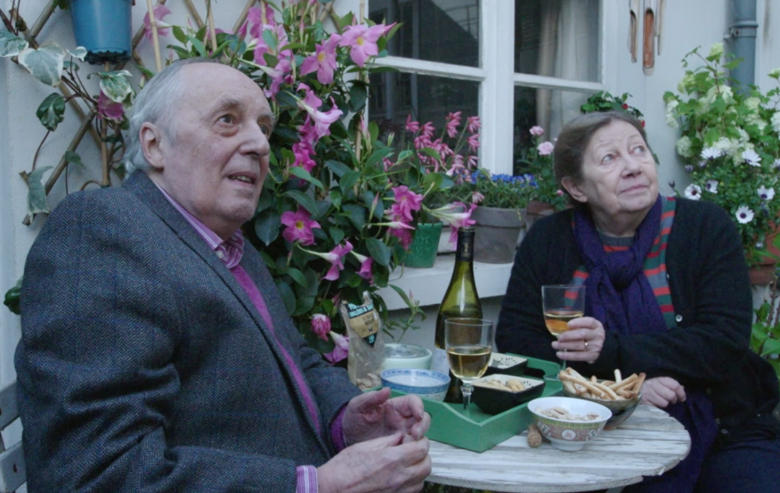Yet this quiet, slow-burn look at an elderly couple suffering from dementia and other ailments is a grounded, emotional variation of “Amour,” as well as the the most sensitive and accessible work from a filmmaker for whom those descriptors rarely apply.
A world apart from the dazzling psychedelic rides of “Climax” and “Enter the Void,” Noé’s latest doesn’t always justify the formalist gimmicky at its center, but it doesn’t overplay the gimmick, either.
Both performers are walking cinematic references, but “Vortex” doesn’t exactly play like a mashup of the horror and melodrama that they collectively invoke by default; instead, the movie unfolds with the slow-burn, real-time quality of Chantal Akerman’s “Jeanne Dielman,” as the camera tracks the characters through a claustrophobic apartment and occasionally to the streets below.
At times, “Vortex” adopts a documentary-like quality, with Noé’s usual blinking effect in place of invisible edits as the only discernible reminder of the auteur behind the scenes.
The minimal plot of “Vortex,” which was improvised off a 10-page concept and shot in early 2021, suits its fly-on-the-wall approach: Much of the movie has been built around the prospects of simply watching people go about their lives, either in denial of the fragility surrounding them or distracted from it by routine.
Argento plays an aging film critic attempting to write a book about cinema and dreams, while Lebrun’s a retired therapist who continually loses track of where she is and who’s around her.
Her wanderings are so passive that it makes more sense to watch the active Argento instead, until it becomes clear that Lebrun has entered a terrible state of confusion about her surroundings, forcing her husband to track her down.
But occasional moments jolt us out of the hypnotic state engendered by this approach, and a key moment that illustrates the movie’s title leads to one of the most striking images in Noé’s career: the literal swirling vortex of a toilet flush, with discarded papers at the center of the wet mass, as the clarity of the written word collapses into the nothingness that awaits us all.
At the same time, the movie brings a more compassionate angle to that theme: There’s nothing remotely nihilistic about the way he approaches the sorry state of this family as it gradually becomes undone.
In the past, he has continued to tweak his projects before releasing them in theaters, and “Vortex” could certainly benefit from a few trims. In this case, that would actually suit the movie, a tribute to the ever-evolving nature of life and its many unpredictable twists.
